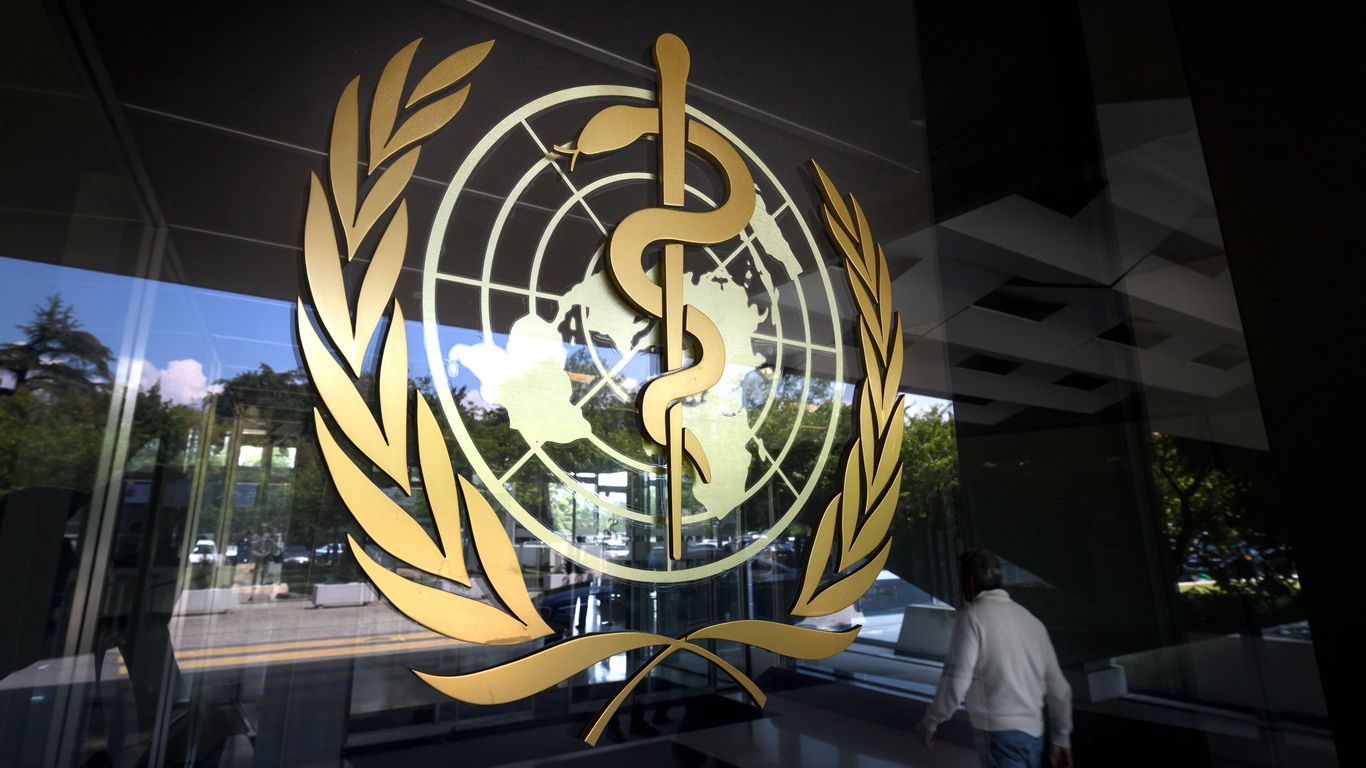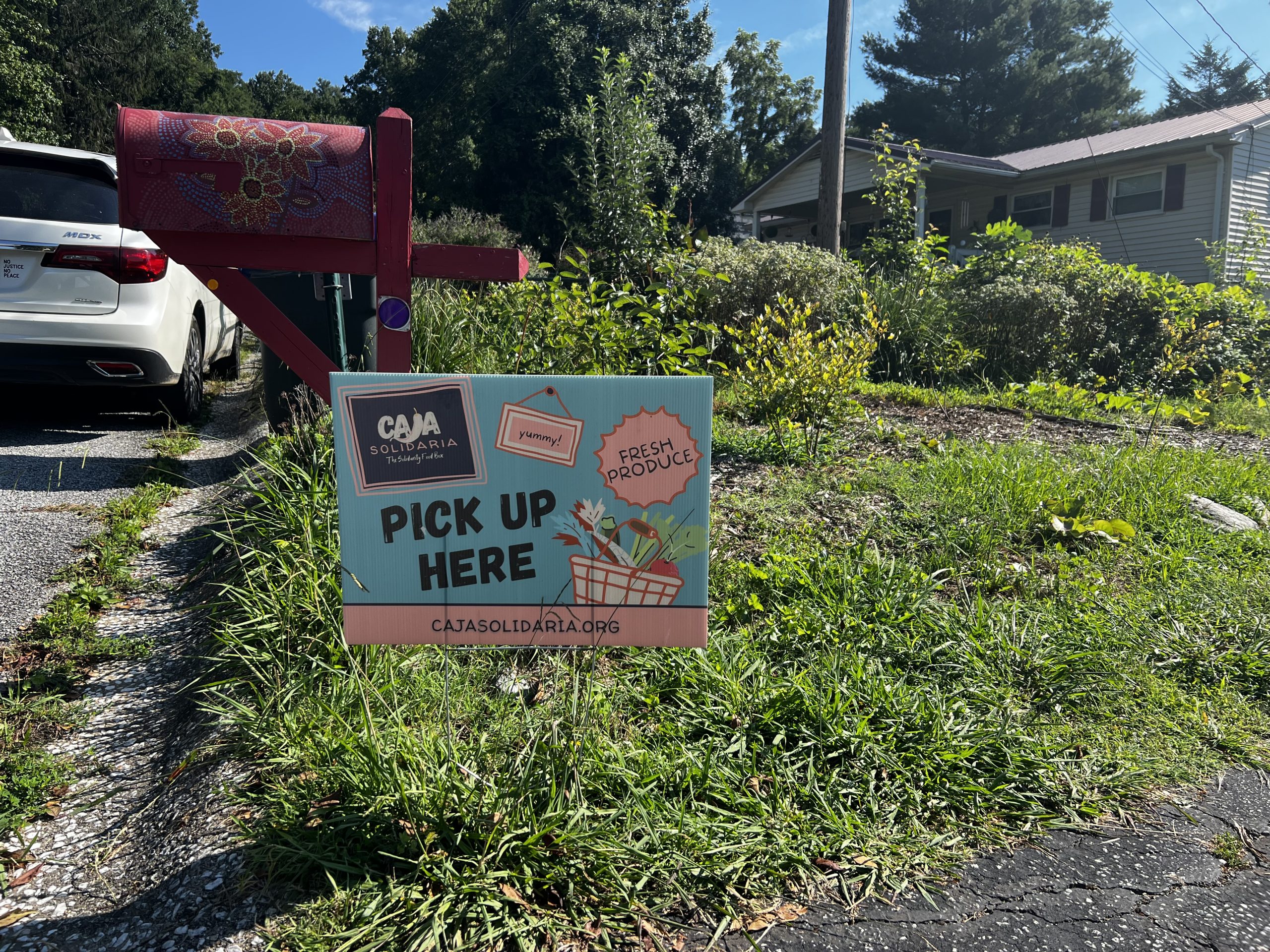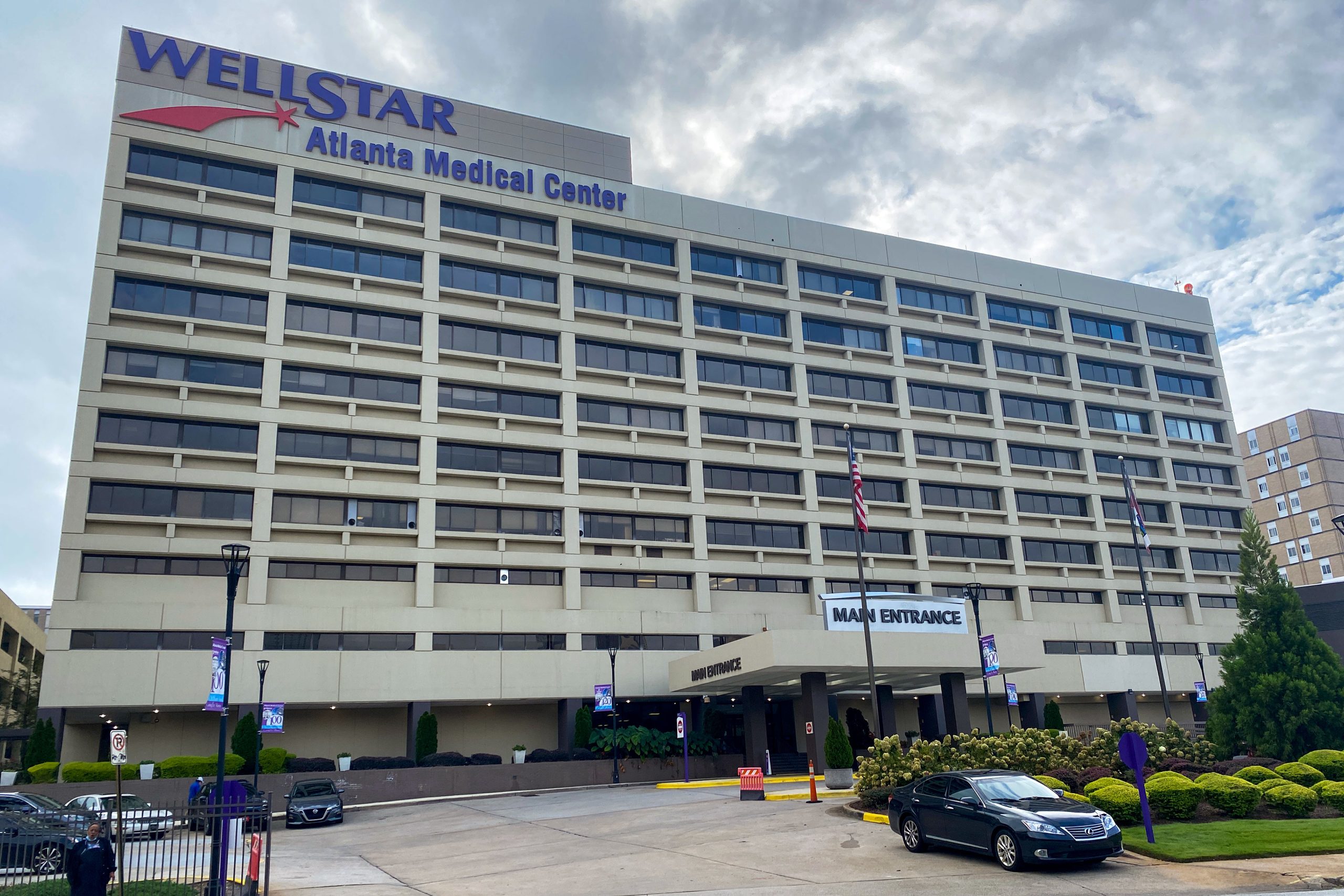[ad_1]
Half of the health care facilities around the world lack basic hygiene services like water and soap, the World Health Organization and UNICEF said in a new report out Tuesday.
Why it matters: Poor hygiene conditions put the approximately 3.85 billion people who depend on the facilities at greater risk of disease and infection, WHO and UNICEF said.
- The report says that unsanitary environments and health workers play a “significant” role in pathogen transmission and could prolong health crises, like the COVID-19 pandemic.
What they’re saying: “Hygiene facilities and practices in health care settings are non-negotiable. Their improvement is essential to pandemic recovery, prevention and preparedness,” said Maria Neira, director of WHO’s Department of Environment, Climate Change and Health.
- Hospitals and clinics without safe water and basic hygiene are “a potential death trap for pregnant mothers, newborns, and children,” said Kelly Ann Naylor, a UNICEF director overseeing risk reduction. She noted around 670,000 newborns lose their lives to sepsis each year.
Details: WHO’s and UNICEF’s Joint Monitoring Program reports country, regional and global estimates of progress on drinking water, sanitation and hygiene.
- The report on hygiene has data covering 40 countries and representing 35% of the world’s population. This is an increase from 21 counties in 2020.
By the numbers: Only 51% of health care centers had hygiene facilities at points of care and hand washing facilities, meaning the other half did not meet WHO’s critera for basic hygiene services.
- 11% of health care facilities globally — which serve around 688 million people — don’t have any hygiene services.
[ad_2]
Source link


